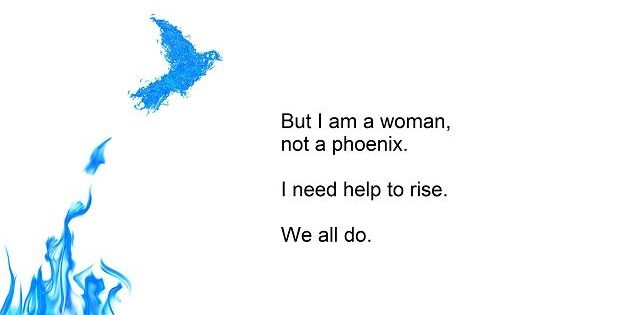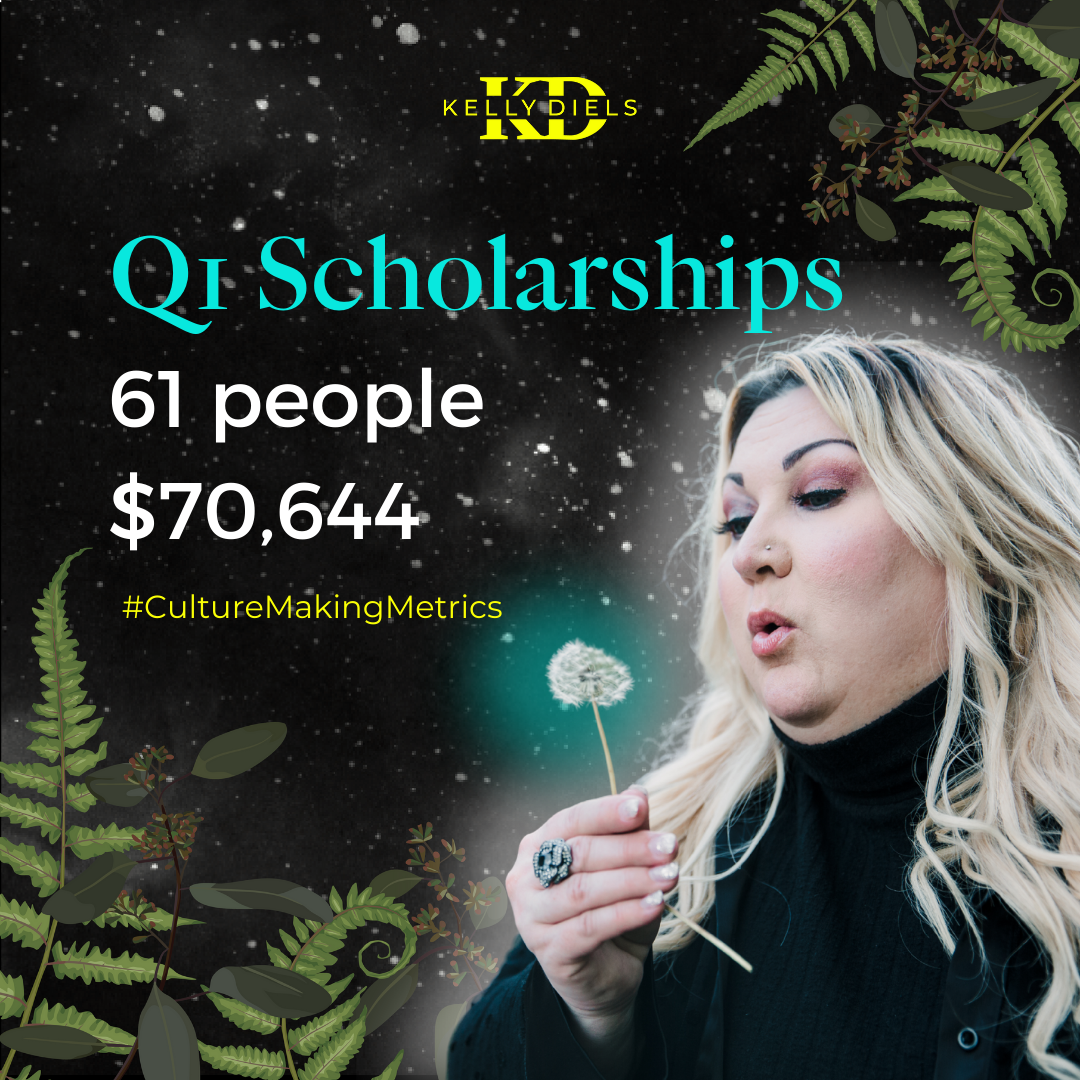
Automatically Track the Dollar Value of Your Pro Bono Work and Scholarships

Business Tip for Culture Makers #409: Track Your Culture-Making Metrics and Quantify the Value of Your Pro Bono Work
A lot of our effort and work is invisible — sometimes, even to us.
We help out here and there, and if we’re working pro-bono we might be scrambling for time, which means that sometimes our paid sources of revenue suffer…
…and then, because we’re in that crunch, we don’t think we’ve done much of anything. We cannot see our own impact. It’s hidden from us.
But if you track your uncompensated culture-making contributions — the scholarships you offer, the discounts, the pay-what-you-can plans, the pro-bono 1:1 work, the guest teaching — you’ll validate to YOURSELF that you ARE making a difference. #CultureMakingMetrics
Also: the metrics of culture making businesses and leaders are often going to — and should — differ from the usual metrics we’re trained to collect and observe.
One of the things it’s important to do, as a culture making leader, is define your own metrics of success.
I believe success is collective, and my desire in my work is that my clients grow their personal power and ecosystem connections so that they can form power blocks (collective power is my ultimate aim).
Some of my corresponding metrics of success, for example, are these:
- Are people in my groups self-organizing to advance their goals?
- Are people in my courses making one *real* relationship in the group that will extend beyond the end of this program?
Another, different, culture metric: I’ve seen SheEO track how many of their members gift memberships to other people, and how many include land acknowledgements in their online profiles.
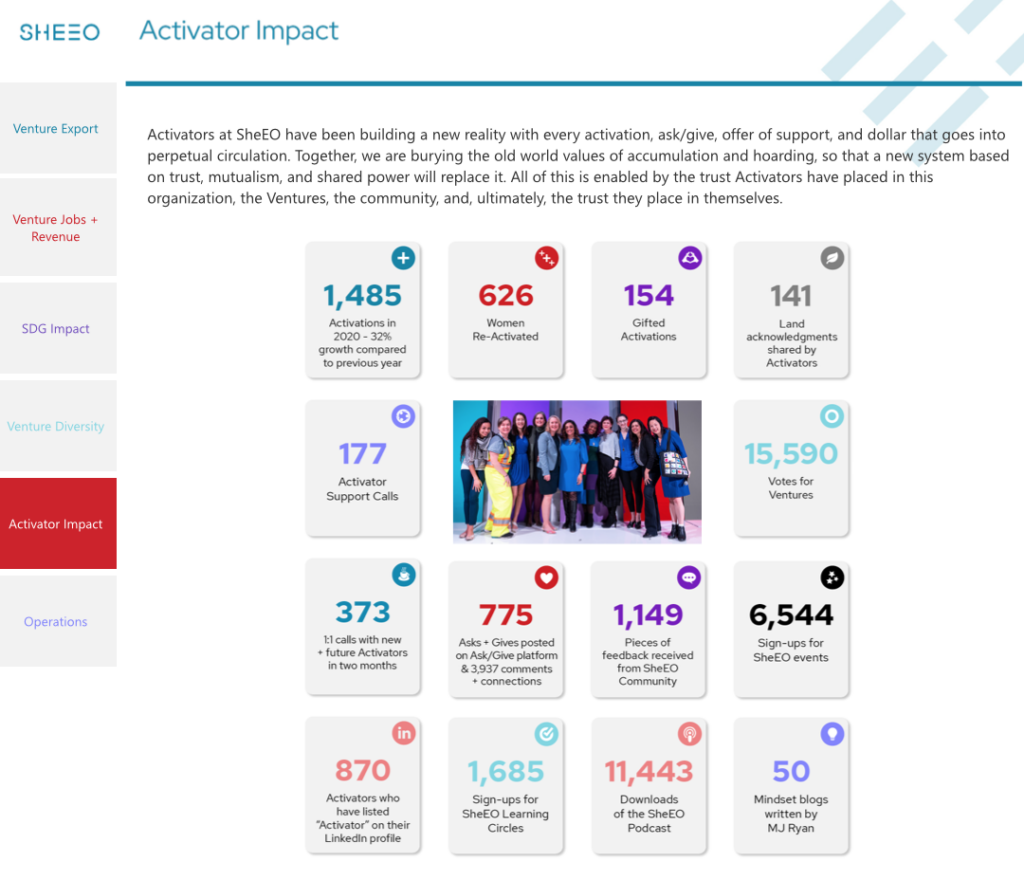
Our culture-making metrics of success are going to be different…so what are yours?
Yet sometimes tracking your metrics, itself, can be another task that falls off our to-do list. Who has the time?!
But I’ve put together a tags+spreadsheet+zap automation that solves this problem (I mapped it out, step-by-step, below). You do the work, up-front, once; and ever-after it collects your numbers for you.
No more updating/cutting-n-pasteing. The automation populates and calculates the data for you.
Now you can see your giveaway $$$ at any given moment…
…and truly see for yourself that yes, you are doing what you set out to do.
Warning: you might also find out that you are wildly out of balance.
Maybe the amount you’re giving away outstrips your income, and so you have to work ever longer hours or put your own $$$ at risk.
This is actually good information. If you know what you’re dealing with, you can change it.
In the interests of transparency, that’s why I started tracking the amount of time and courses I give away for free — because I was doing so much of it that it was harming me.
I was spending less time with my family, I was sleeping less, and sometimes I was in the red, financially, because I gave away time that I needed to be charging for (and often paid for, on the other end, by needing more time from contractors). Tracking this helps me tell myself: I have done enough. More than enough. And allow myself to rest.
Tracking your culture making metrics can also create confidence.
In Q1 of 2022, I contributed $70,644 across 61 people in course scholarships & pro bono 1:1 work.
That’s real, it has a multiplier effect. All of those people have platforms, and when they’re more resourced — because of the business skills they’ve learned in my containers — the more they can also contribute.
MODEL: I’m probably going to add this metric to a section in my website
Quantifying my contribution thrills me, because I can see, in hard numbers, that I am contributing in material ways to economic justice in my ecosystem (and I did NOT have to lower my prices to do that).
When you know what you’re actually contributing — and it is SIGNIFICANT — illegitimate criticism does not land so hard nor does it spin you out. Let ’em say whatever they want. You know what you’re really about.
Finally, tracking your metrics helps you pace yourself.
If you tie your scholarships to your revenue (say, 10%), then you might find that you’ve already distributed most of your planned scholarships for the year by February.
Again, good information: now you know you need to slow your roll (or increase your revenue) or else you’ll be increasing your expenses & potentially putting your biz in financial jeopardy.
I was encouraged, for example, to see anti-racism/cultural somatics educator Resmaa Menakem include this section on his home page:
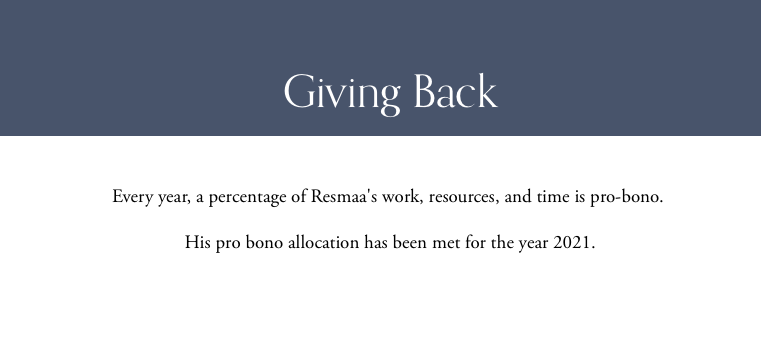
My point, as always, is about sustainability and mutuality.
No one person can be responsible for meeting ALL of our collective need.
But we each can do our part *without overdoing it to the point of emotional, financial, or energetic danger*.
Automatically tracking your culture-making metrics can keep you in the sweet spot of impact AND sustainability.
Here’s the backend automation that can help you do that
You will need:
- Zapier.com
- An email software provider/CRM like Aweber, Mailchimp, ConvertKit, Active Campaign etc that allows you to manually tag subscribers
- Google Sheets
- In your email software/CRM, create a specific scholarship tag for each program you offer (Eg “Flora_Scholarship”)
- Create a Google Sheet from my template (Make sure to copy it and rename it) https://docs.google.com/spreadsheets/d/1kiN8_LYdVhfILvYWS84KSErlnvHuMeyW4rxhbMEi3ls/edit?usp=sharing
- In the worksheets, change the Program Names to match your program names (add more sheets where you need to)
- Either pre-populate the Price column (H) in all your sheets or add the price of your program to the “Value” Field in the Zap (we’ll get to the Zap in a minute)
- The cover worksheet will count the number of entries (people awarded scholarships) in the sheets and the value of your pro bono work, then sum it into a running total (You might have to add more program rows, by copying the formulas in the blue cells)
- Create “Zaps” using Zapier.com to populate the sheets (I created a template you can copy here: https://zapier.com/shared/01780420c10150596498c2ebacb8f3c6547ecdd2 )(NOTE: you need to create one zap per program)
- Add your email software provider and your Google Drive accounts to Zapier
- Zap Trigger: The scholarship tag is added to a contact in your email software/CRM
- Zap Action: A spreadsheet row is appended to your program google sheet
- The cover sheet will sum the entries and keep a running total for you
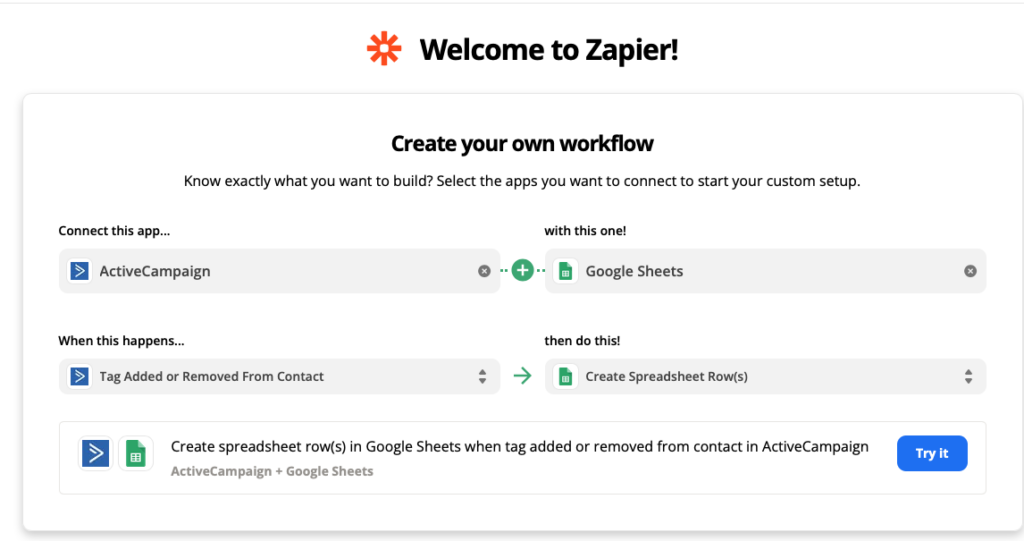
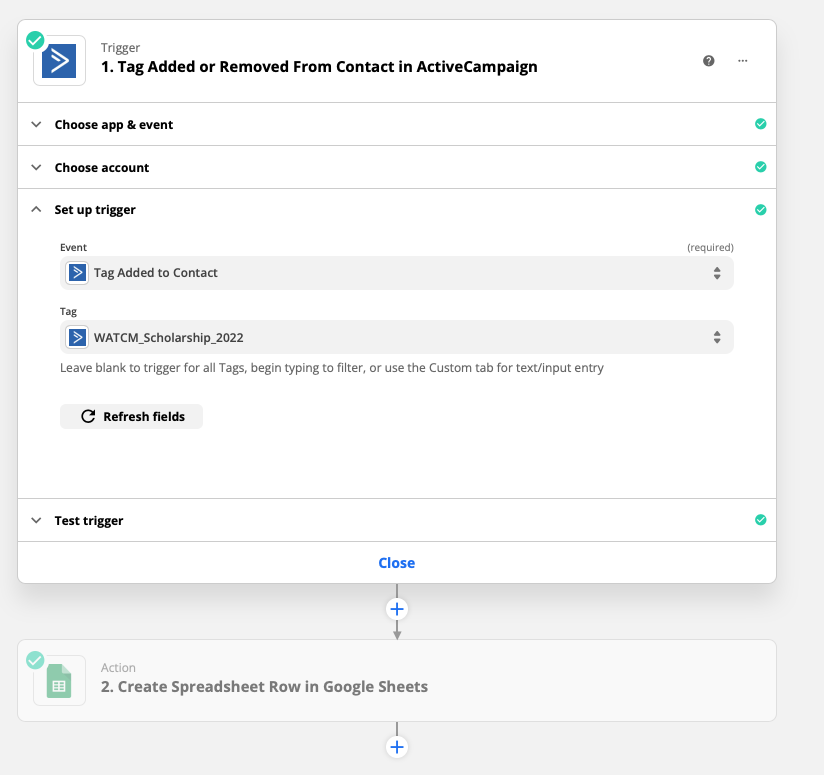
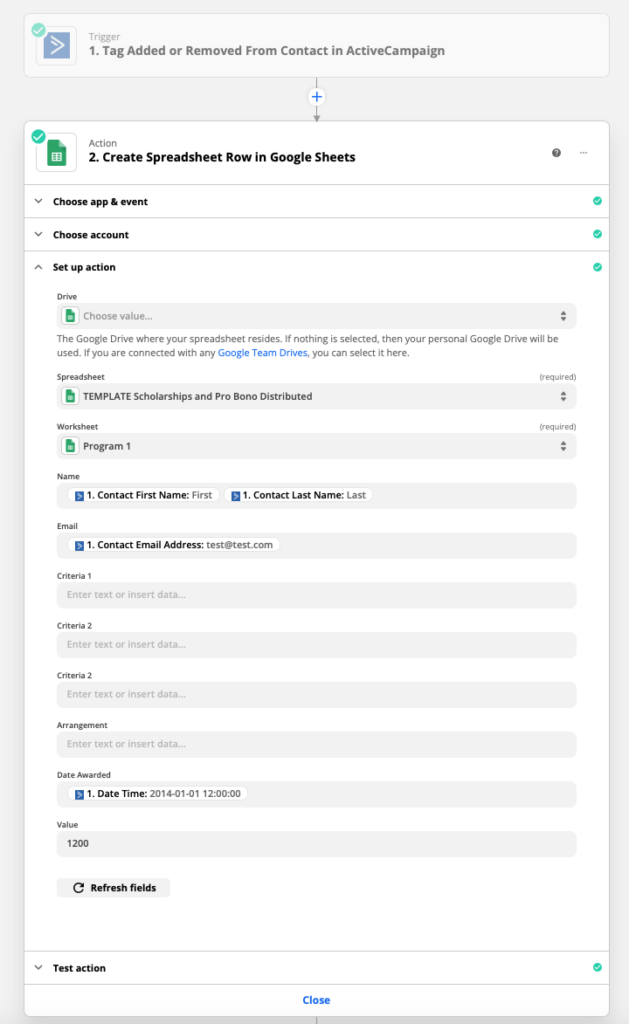
7. The Manual Work Across Time: Now, remember that every time you give a scholarship or do pro-bono work, you need to go in and add the tag to that client in your email list/CRM
8. Review regularly (even publish!) to remind yourself of your impact and assess whether it is meeting your economic justice and sustainability goals
9. Consider publishing your metrics on your website, on sales pages, and on social media — including when you’ve reached your limits. We can be models for each other.


